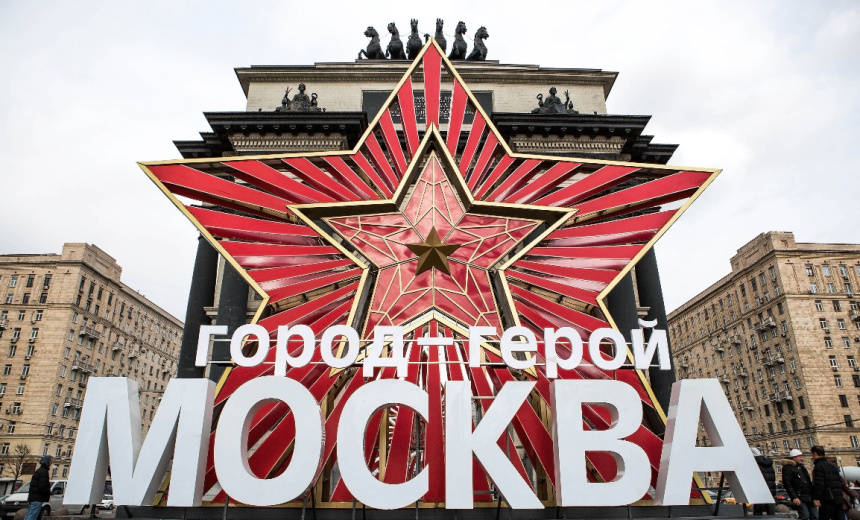Finance & Banking
,
Government
,
Industry Specific
Trading Bloc Includes Doppelganger Actors and GRU Unit 29155 in Sanctions List

The European Union sanctioned Russian intelligence hackers and two Kremlin officials responsible for digital disinformation campaigns in an action the European Council said marked its first ever imposition of restrictive measures against Russian actors for hybrid activities.
The council, a forum of direct representatives from trading bloc member governments, said Russian activities such as propaganda, bombings and cyberattacks form part of Kremlin efforts to destabilize Western countries.
Monday’s sanctions include 16 individuals and three organizations, including Unit 29155 of the Russian Main Intelligence Directorate, generally known as the GRU. U.S. federal prosecutors in October expanded an indictment of alleged members of Unit 29155 for conspiracy to hack into and destroy computer systems and data in Ukraine and allied countries (see: US Broadens Indictments Against Russian Intelligence Hackers).
“Those designated today will be subject to an asset freeze and EU citizens and companies will be forbidden from making funds available to them,” Council of the European Union said. “In addition, natural persons will also be subject to a travel ban, which will prevent them from entering or transiting through EU territory.”
Also swept up in the sanctions are two named officials linked to the Russian government-directed foreign malign influence campaigns known as Doppelganger. The officials are Sofia Zakharova, a Kremlin official who works in an office focused on information technology and communications, and Nikolai Tupikin, owner and CEO of GK Struktura, a Russian government disinformation contractor.
Zakharova is reportedly the head of “Team I,” a disinformation production unit.
The U.S. Department of the Treasury sanctioned Tupikin, along with the founder of Moscow-based Social Design Agency in March for a disinformation campaign involving 60 websites that mimicked credible news outlets across Europe. The Department of Justice in September seized 32 internet domains used to propagate Doppelganger content (see: US Targets Russian Media and Hackers Over Election Meddling).
Also included in the sanctions is Artem Kureev, a Russian Federal Security Service officer behind pro-Russian disinformation campaigns across Europe and Africa. Kureev set up two media outlets in Africa to spread misinformation undermining Western health projects.
Europe also targeted Russian businessman Harouna Douamba, and a disinformation network that he ran called Groupe Panafricain pour le Commerce et l’Investissement for spreading pro-Russian covert influence operations in Central Africa.
